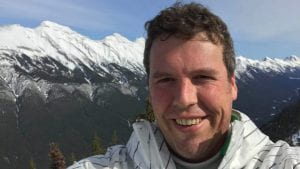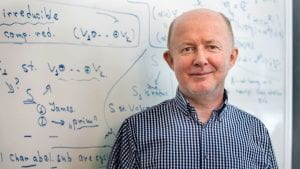
NZ AvHF vice president Nancy November was elected as a Fellow to the Academy of the Royal Society Te Apārangi in this year’s selection. Congratulations, Nancy.
Nancy November is among the most innovative and eminent figures in the field of musicology. Combining interdisciplinarity and cultural history, her research centres on chamber music of the late eighteenth and nineteenth centuries, probing questions of historiography, canonisation, and genre. Her work in historical musicology achieves impact through deepening knowledge, critical thinking, and challenging the traditional view of music and its context. Through her work in critical pedagogy, she continually strives to help develop other peoples’ historical perspectives, skills and awareness—not just for the maximum impact of her own research, but to develop tomorrow’s ‘critical beings’. Her scholarship is based on an expansion and critique of the western classical musical canon, by means of multiple lenses: historiography, theory, gender studies, performance practice and aesthetics. Her work is recognised for challenging traditional pedagogies, grounded in western worldviews, with new, culturally-sustaining ways of teaching and learning history that are empowering, especially for Indigenous students.

 We are very happy to report that Eamonn O’Brien has received a
We are very happy to report that Eamonn O’Brien has received a 